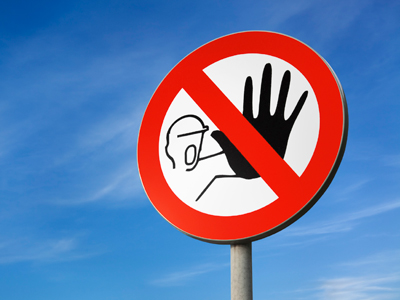
Internet Safety
In KS2 ICT children will take a look at internet safety and online security. This topic is arguably the most important part of ICT and it teaches children how to go about keeping themselves safe when on the internet.
Internet safety is all about online security. In the 'cyber' world, unlike the 'real' world, you frequently communicate with people whom you cannot see - on social media websites, in forums and even in some emails. Keeping yourself safe from bullies and your computer safe from viruses when using the World Wide Web is very important. This makes internet safety a necessary skill we all should learn.
See how much you have learned in school about online security and keeping safe when you are on the internet by trying this ICT quiz.
Ready for more?
not all...
quizzers. Try to win a coveted spot on our Hall of Fame Page.







